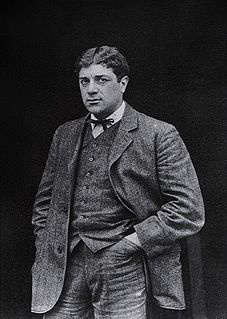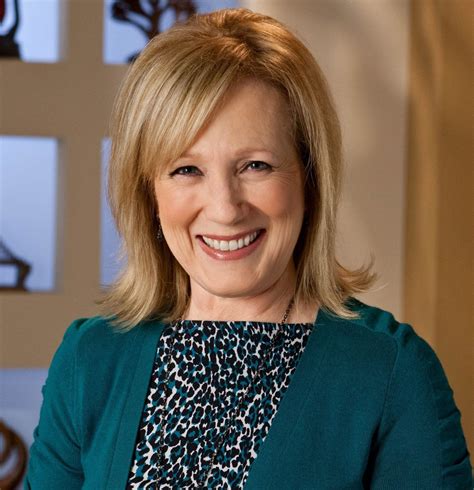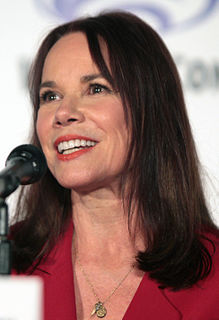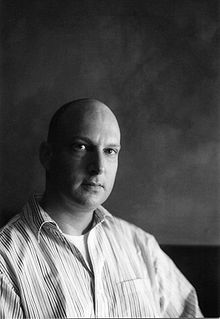A Quote by Henri Frederic Amiel
The philosopher aspires to explain away all mysteries, to dissolve them into light. Mystery on the other hand is demanded and pursued by the religious instinct; mystery constitutes the essence of worship, the power of proselytism.
Related Quotes
I believe in mystery and, frankly, I sometimes face this mystery with great fear. In other words, I think that there are many things in the universe that we cannot perceive or penetrate, and that also we experience some of the most beautiful things in life only in a very primitive form. Only in relation to these mysteries do I consider myself to be a religious man.
The answer is never the answer. What's really interesting is the mystery. If you seek the mystery instead of the answer, you'll always be seeking. I've never seen anybody really find the answer, but they think they have. So they stop thinking. But the job is to seek mystery, evoke mystery, plant a garden in which strange plants grow and mysteries bloom. The need for mystery is greater than the need for an answer.
Within the mystery of life there is the infinite darkness of the night sky lit by distant orbs of fire, the cobbled skin of an orange that releases its fragrance to our touch, the unfathomable depths of the eyes of our lover. No creation story, no religious system can fully describe or explain this richness and depth. Mystery is so every-present that no one can know for certain what will happen one hour from now. “ It does not matter whether you have religion or are an agnostic believe in nothing, You can only appreciate (without knowing or understanding) the mysteries of life.
That's the essence of our faith. It's living with hope in the face of mystery. We live a life of faith completely full of hope, staring mystery right in the face. You can't have one without the other. Your faith won't survive without hope, and hope won't survive without the realization that there are mysteries that will not be answered. If you can embrace both, you can have a vibrant faith.
the sea is a place of mystery. One by one, the mysteries of yesterday have been solved. But the solution seems always to bring with it another, perhaps a deeper mystery. I doubt that the last, final mysteries of the sea will ever be resolved. In fact, I cherish a very unscientific hope that they will not be.
But though every created thing is, in this sense, a mystery, the word mystery cannot be applied to moral truth, any more than obscurity can be applied to light. ... Mystery is the antagonist of truth. It is a fog of human invention, that obscures truth, and represents it in distortion. Truth never envelops itself in mystery, and the mystery in which it is at any time enveloped is the work of its antagonist, and never of itself.







































